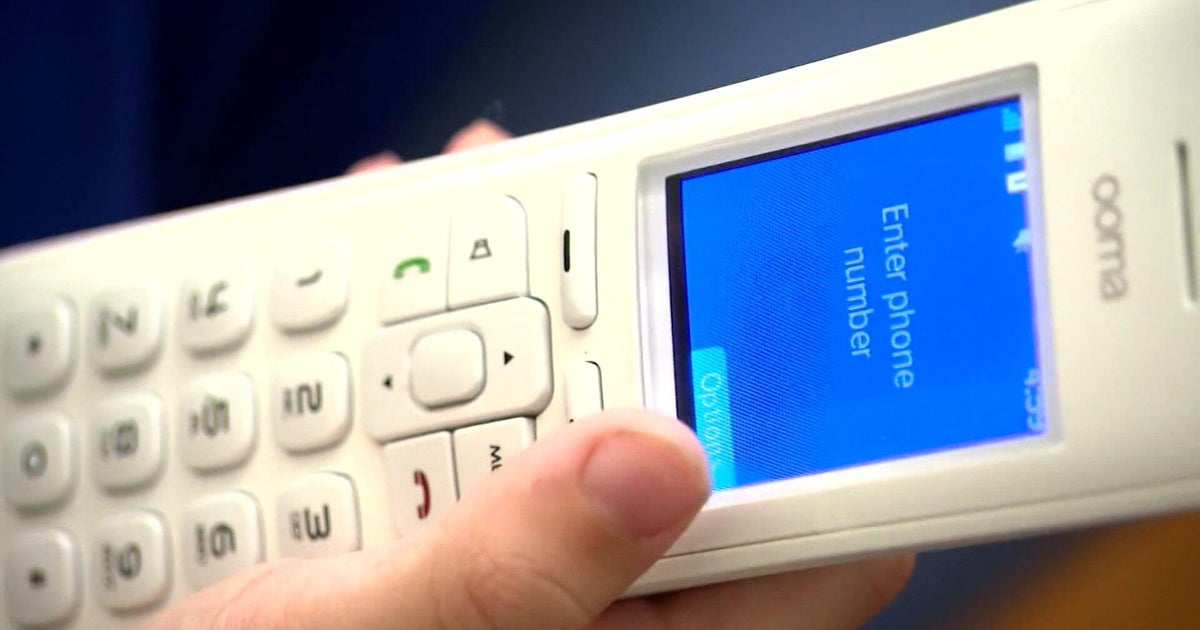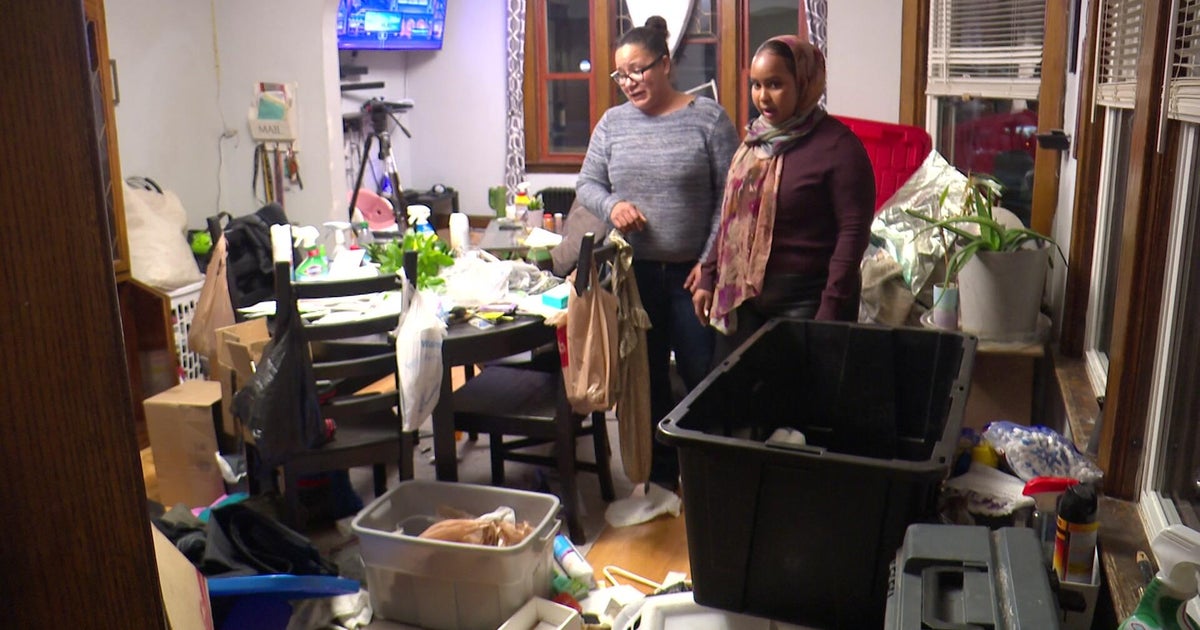Call Kurtis: Beware Of Calls Offering Computer Help
We all have computer problems from time to time, but the Better Business Bureau cautions about callers who claim they can help.
We call on Kurtis Ming with how the wrong move could lead to you getting ripped off.
Melvin Yarwood of Rancho Cordova was suspicious when he got a call recently telling him his computer warranty was about to expire.
"We can extend the warranty, just go to your computer and sit down," Melvin says he was told over the phone.
But Melvin's computer never had a warranty.
"This is three-day old fish," says Melvin.
Gina Wallis thought the call she got was from Microsoft.
A week earlier, she had computer problems and clicked on "send error report."
"I was on the phone with him less than five minutes," says Gina.
But the caller took over her computer remotely and started downloading her files. She quickly turned it off and unplugged her router.
"Be suspicious if anyone calls you," says Gary Almond, president of the Better Business Bureau.
Almond says Microsoft will never call about viruses or warranty programs.
He says once the crooks get access to your computer, they may have access to your passwords, even your bank accounts.
"I would not give these people any charge information, I would not give them any access to your computer," says Almond.
He's issued an alert for Softnet Communications, the company that called Melvin.
Even though they have a 209 area code, we've learned the company's website is based in India.
We called the company and they told us their physical address was in the city they called "San Joe's" instead of San Jose.
But we checked that street address. It does not exist.
We don't know who was behind Gina's call but she reported it to police and the credit bureaus.
"Because I'm not an idiot and if I would fall for this, I think anybody could fall for it," says Gina.
Melvin's glad he didn't get taken either.
"Just be careful, there are a lot of people out there looking for a dishonest dollar and it happens to be in your pocket," says Melvin.
But we know of a guy in Texas who did fall for it and faced $309 in charges on his debit card.
He gave the caller his IP address. That's the computer's physical address that allows anyone to control it, remotely.







